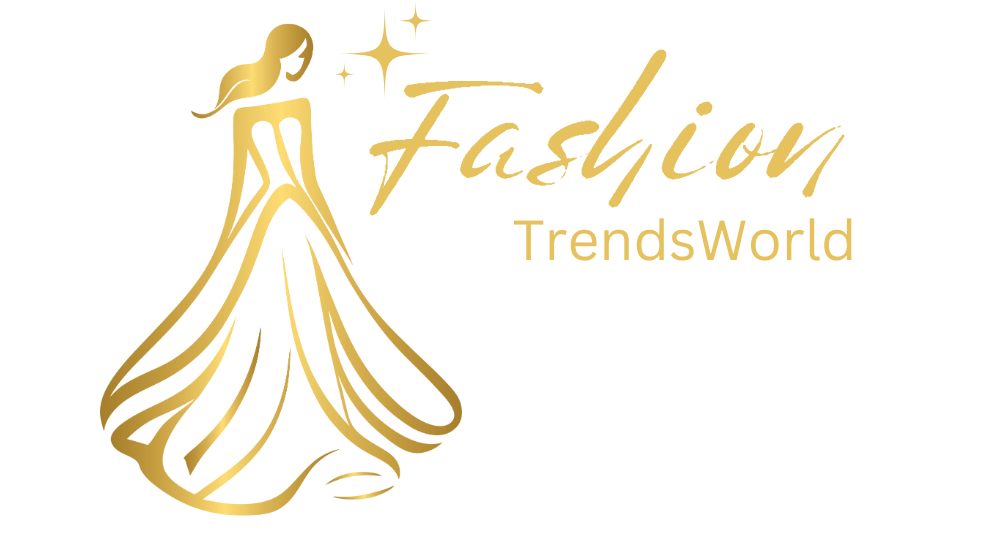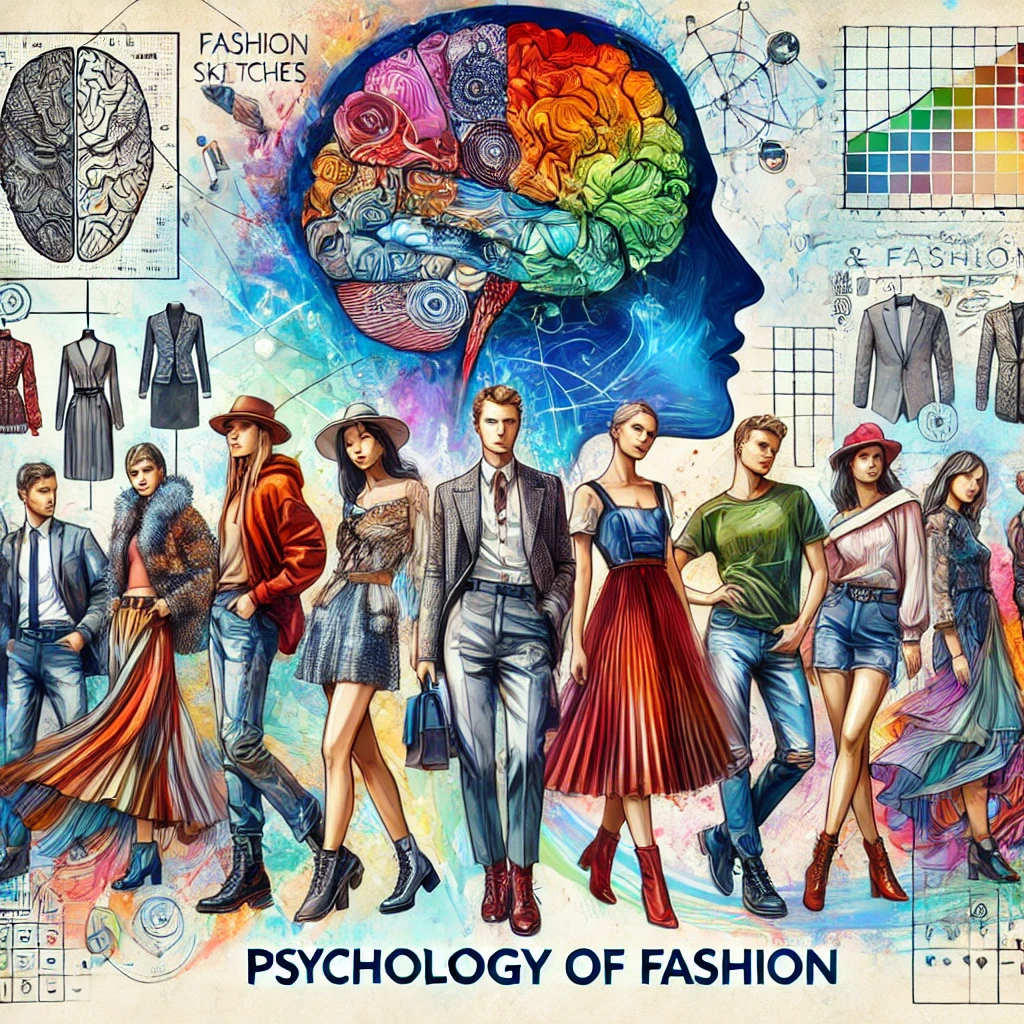The Psychology of Fashion: Why We Wear What We Wear
6 months ago fashiontrendsworld Comments Off on The Psychology of Fashion: Why We Wear What We Wear
Fashion is more than just fabric and fleeting trends. It’s a powerful form of nonverbal communication that deeply intertwines with our psychology. Our clothing choices reveal aspects of our personality, our social standing, and even our emotional state.
Self-Expression and Identity:
Finding Ourselves: Clothing allows us to project an image of who we are or who we aspire to be. It’s a way to experiment with different facets of our personality and express our individuality.
Social Belonging: Fashion can be used to signal our affiliation with specific groups or subcultures. Think of the distinctive styles associated with punk, goth, or hipster communities.
Status and Power: Throughout history, clothing has been used to denote social status and power. From elaborate royal robes to designer labels, clothing can be a powerful symbol of wealth and influence.
Emotional and Psychological Influences:
Mood Boosting: Wearing clothes that make us feel confident and comfortable can significantly impact our mood and self-esteem.
Emotional Expression: Clothing can be a subtle way to express our emotions. When we’re feeling down, we might gravitate towards more comfortable, casual attire. When we’re feeling confident and powerful, we might choose more assertive and bold outfits.
Comfort and Security: Our clothing choices often reflect our need for comfort and security. This can manifest in a preference for familiar styles, a resistance to change, or a strong aversion to certain fabrics or textures.
The Impact of Social Media:
The Rise of “Influencer Culture”: Social media platforms have amplified the influence of fashion trends and the rise of “influencer culture.” This can lead to increased pressure to conform to certain beauty standards and create a sense of inadequacy or body image issues.
Fast Fashion and Consumption: The fast fashion industry, fueled by social media, encourages rapid consumption and a disposable attitude towards clothing. This has significant environmental and social consequences.
Navigating the Psychological Landscape of Fashion:
Cultivate Self-Awareness: Pay attention to your own motivations for wearing certain clothes. Are you dressing to impress others, to express your individuality, or to simply feel comfortable?
Challenge Societal Expectations: Don’t feel pressured to conform to unrealistic beauty standards or to follow every fleeting trend.
Prioritize Sustainability and Ethical Consumption: Make conscious choices about the clothes you buy and support brands that prioritize ethical and sustainable practices.
Focus on Inner Confidence: True style comes from within. Cultivate self-confidence and embrace your unique sense of style
Conclusion
Understanding the psychology of fashion can help us become more mindful consumers and more authentic in our self-expression. By navigating the psychological landscape of fashion with awareness and intention, we can use clothing as a tool for empowerment, creativity, and genuine self-discovery.





